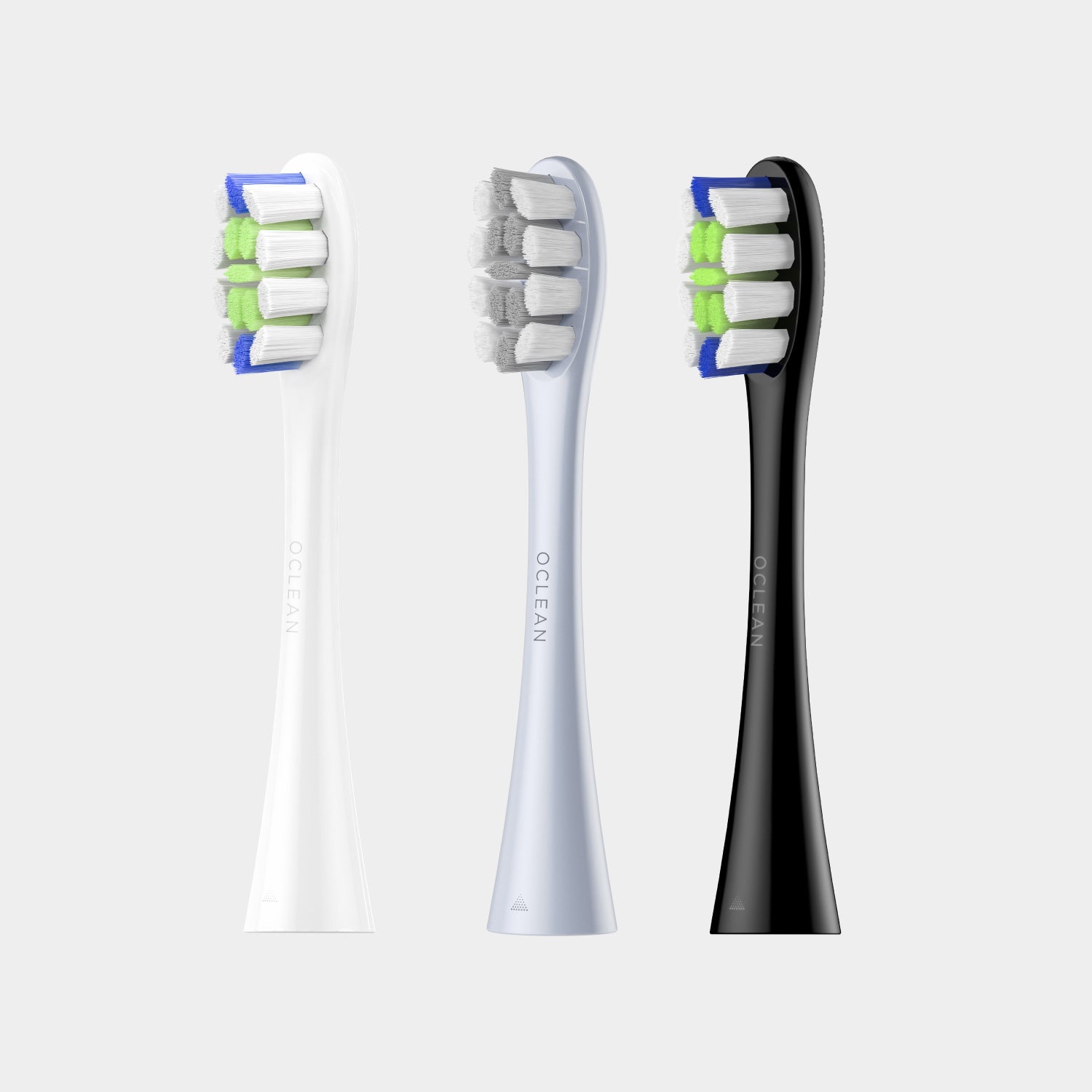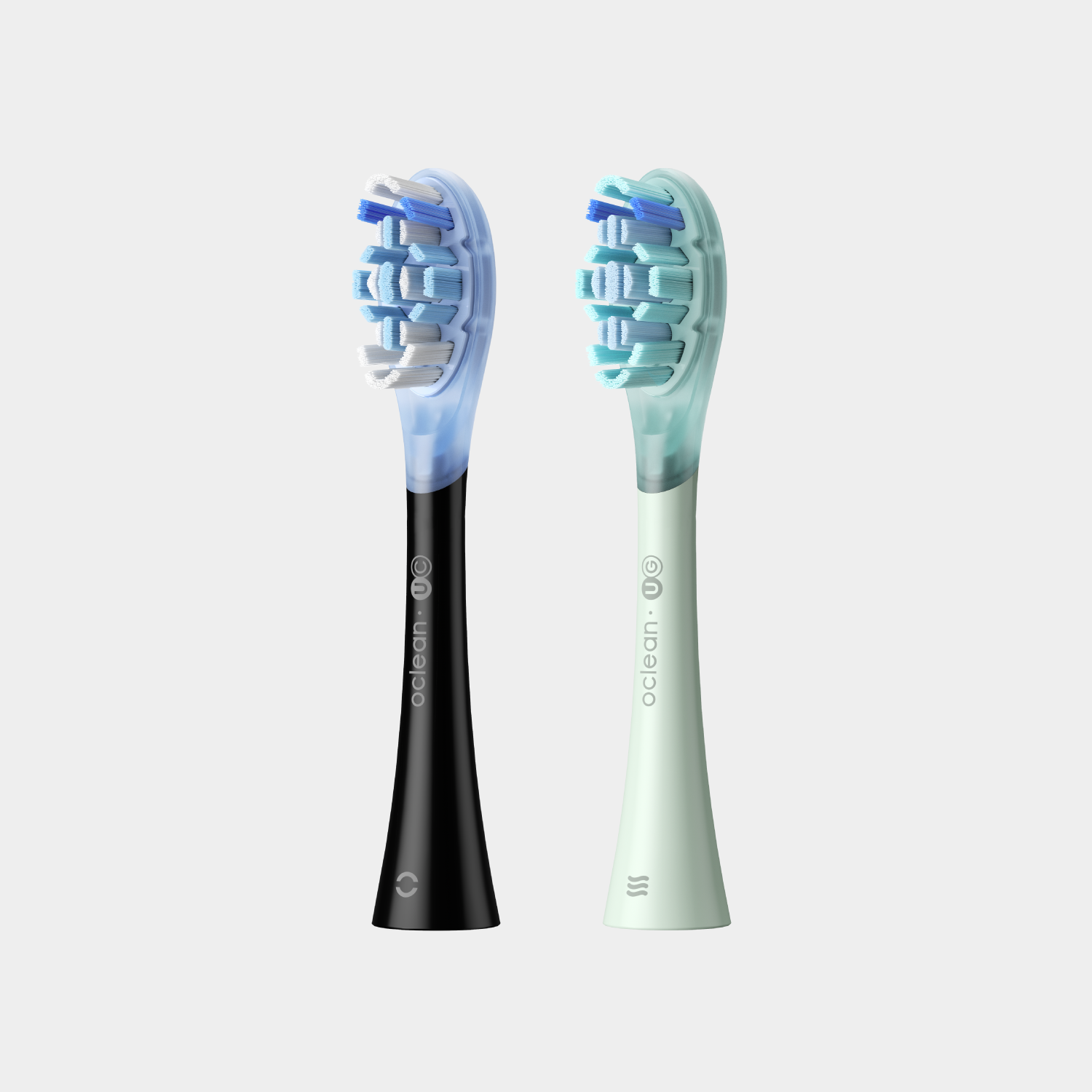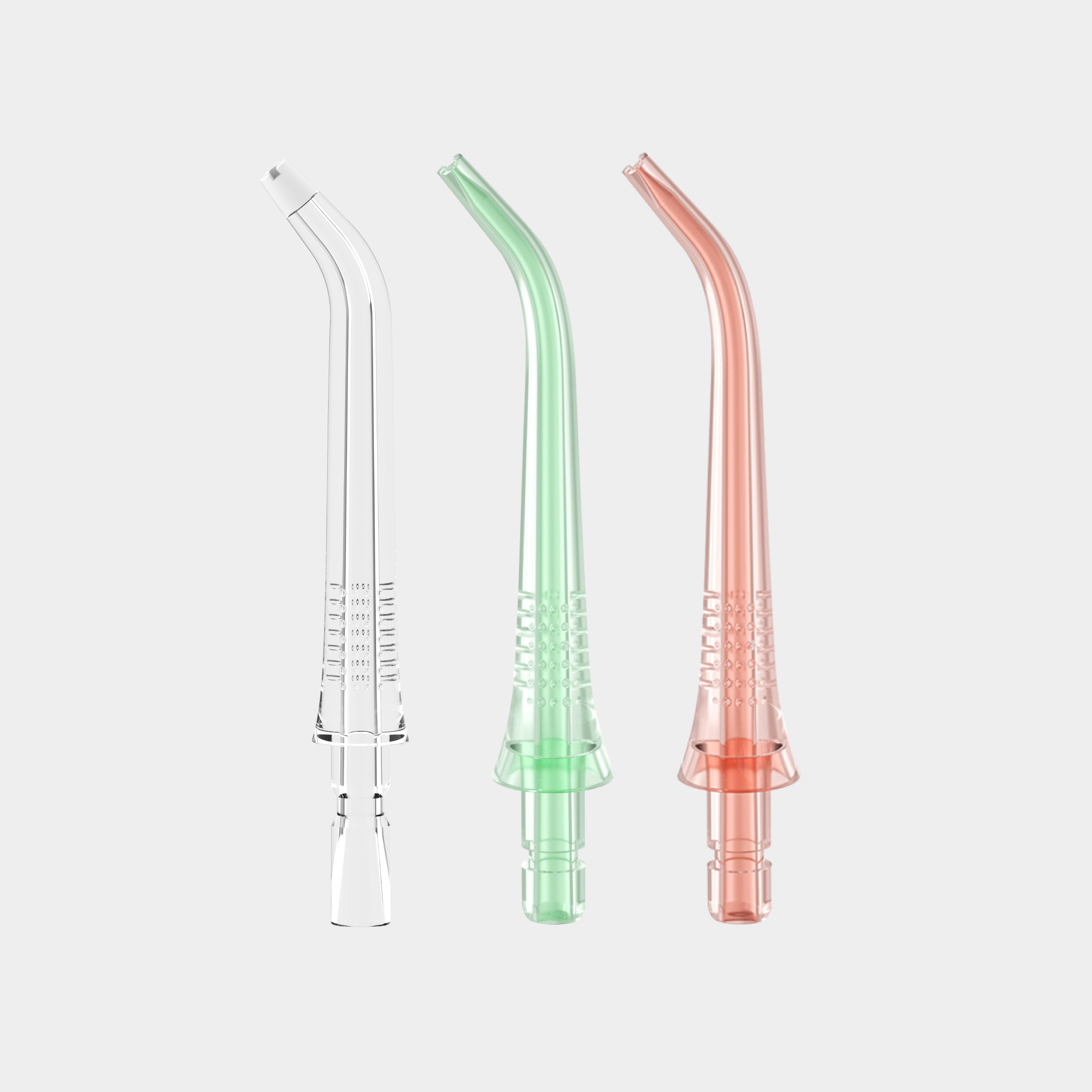In some cases, there are obvious dental issues with development-related characteristics, such as anti-jaw-ground wrapping. These issues are hereditary and can be passed from one generation to another. However, the question we will answer is if a parent has dental problems or a mouth full of rotten teeth, will it be passed on to the baby so that their teeth will also inevitably be rotten?
Many of the child’s characteristics are inherited from the parent’s genes in the family.
To fully answer this question, we first need to distinguish some facts clearly. Many of the child’s characteristics are inherited from the parent’s genes in the family. For example, the parent’s tooth development genes are passed on to the baby, and these genes help determine the shape, structure, and arrangement of the teeth. In other words, the shape, structure, and arrangement of your baby's teeth are hereditary.
However, tooth development is not only determined by genes. More specifically, the maternal environment will affect the development of the baby's teeth and maxillofacial (or facial) aspects. Thus, tooth development is a continual process, and genetic inheritance is merely the first step.
Notably, the tooth development process begins when the fetus is in the womb and continues after birth. During the developmental stage of teeth, an adverse maternal state (such as fever and smoking habits) can lead to irreversible changes in fetal tooth development. This can include incomplete tooth calcification, enamel hypoplasia, malocclusion, and cleft lip or cleft palate. Therefore, regular teeth and maxillofacial development genes are also affected by adverse conditions and may contribute to abnormal development.
It is essential to remember that tooth development determines the basic characteristics of your baby’s teeth before they erupt. Afterward, the quality of the baby's teeth is closely related to external factors. The good news is that the lack of specific genes can be offset by effective oral care, scientific eating habits, and professional oral health measures. Together, these methods can help prevent oral diseases. On the other hand, if you solely rely on genes and neglect oral hygiene and scientifically proven feeding and dietary habits, dental diseases are inevitable.
*Cover image from Freepik@DCStudio, we will delete it if constitutes infringement *
Related Readings:
Can You Bring an Electric Toothbrush on a Plane
How Many Calories Are in Toothpaste
What Happens if You Swallow Toothpaste
Are Charcoal Toothbrushes Safe









































































